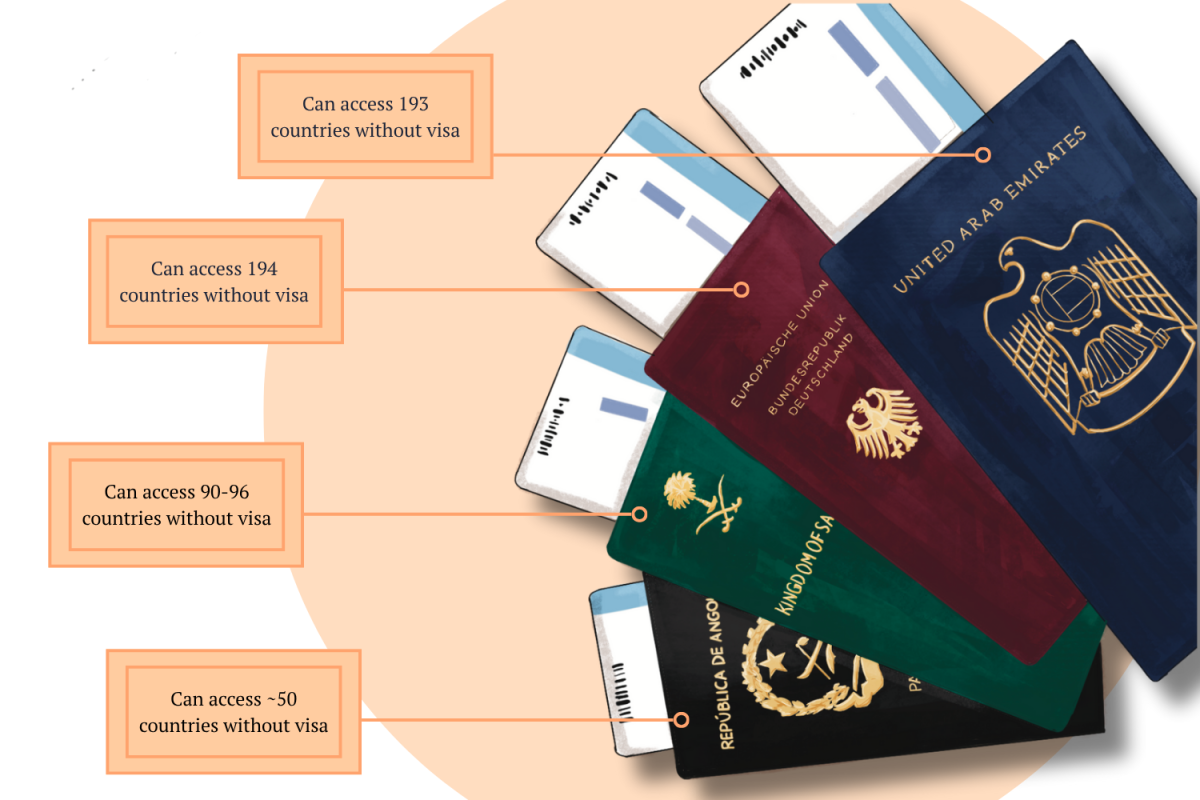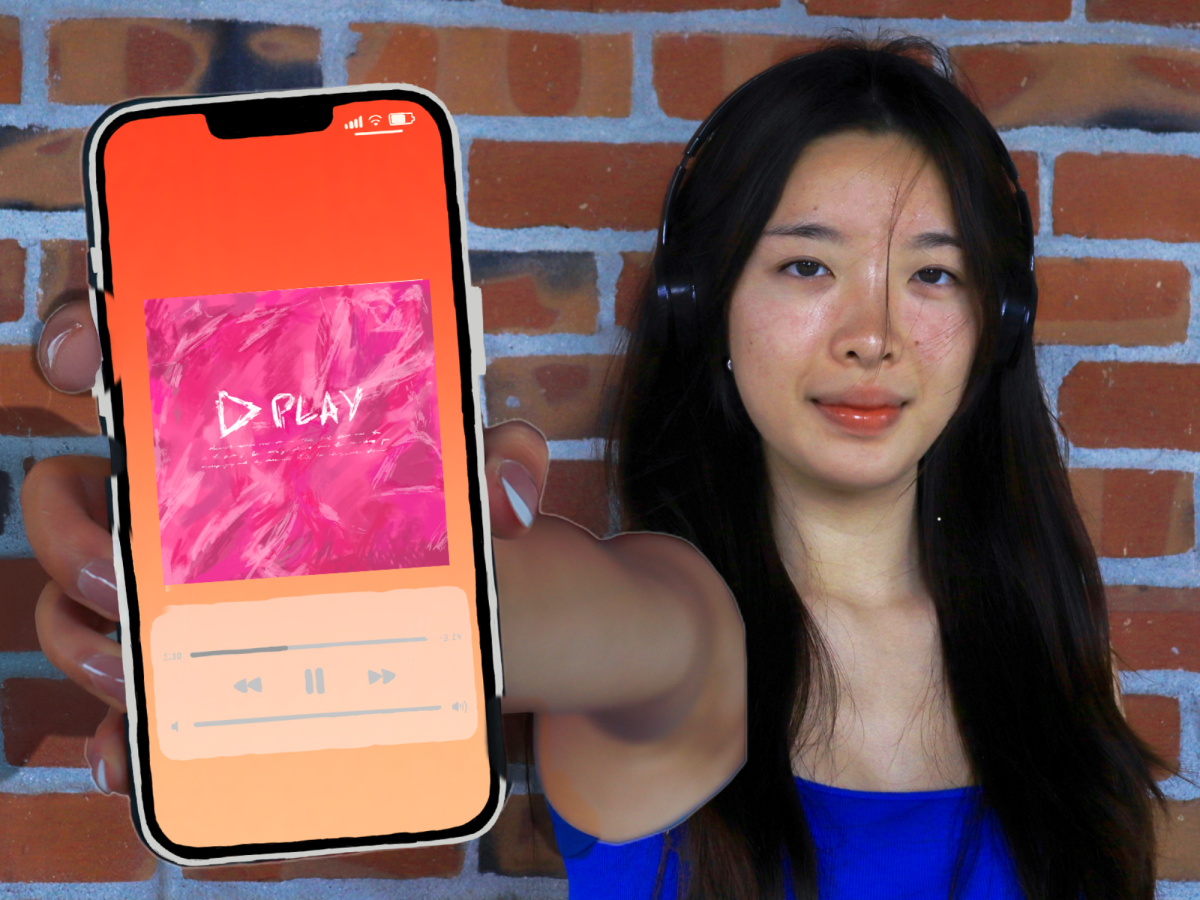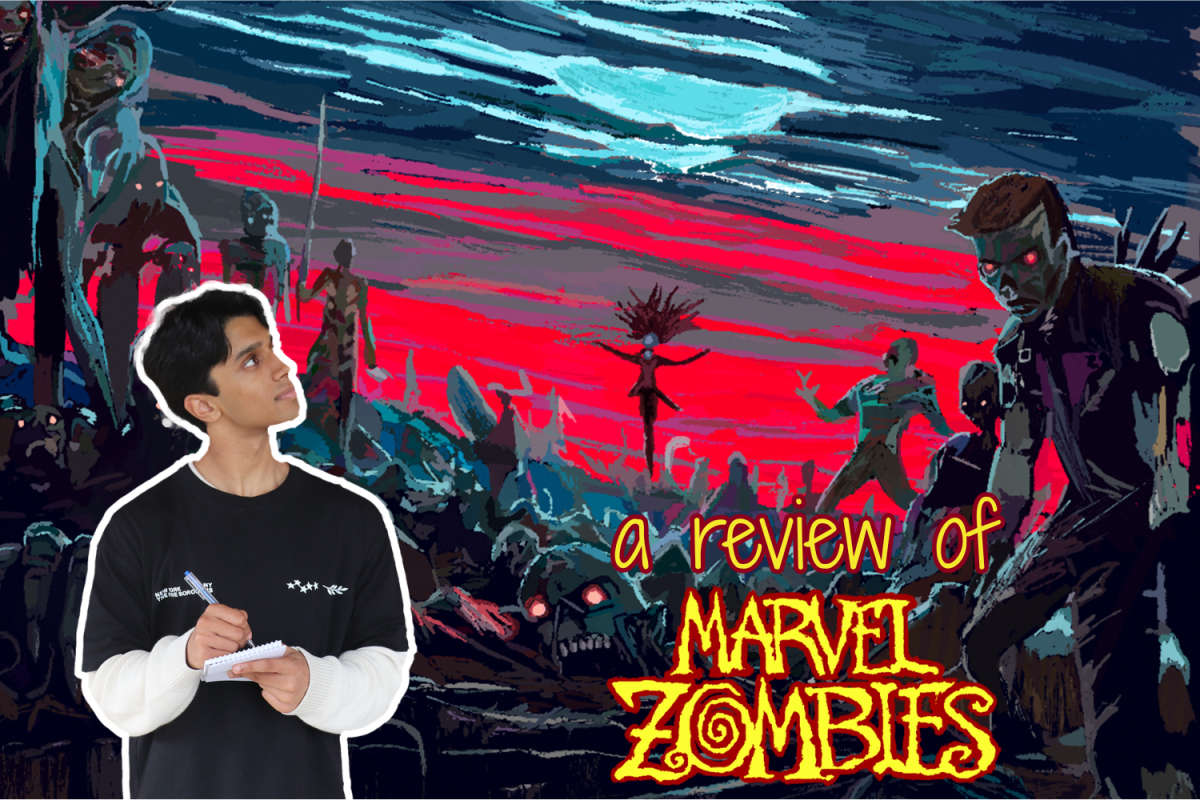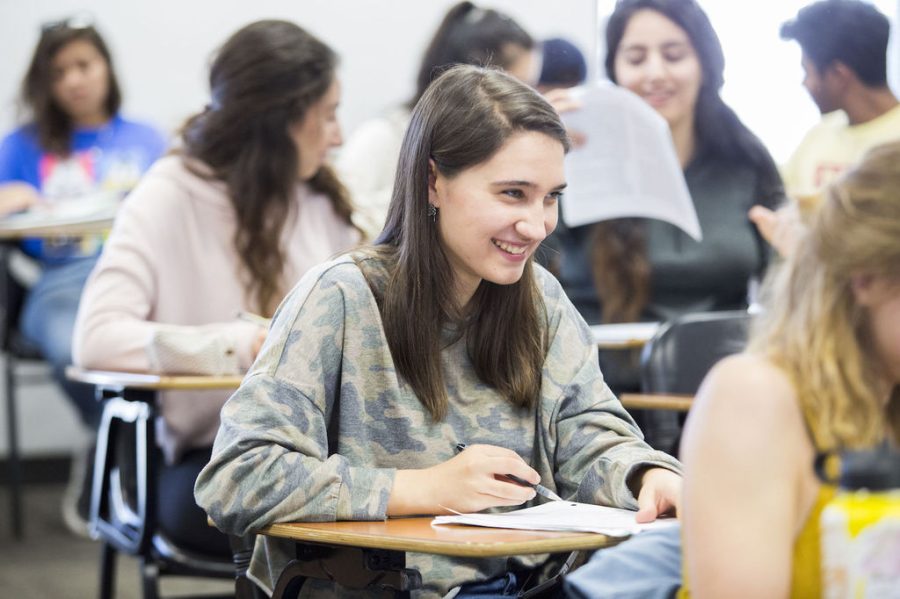Editorial: Overlooked alternative education systems at FUHSD
Used with permission from FUHSD
FUHSD students attend middle college, taking classes at a local community college.
December 12, 2022
In addition to the traditional four-year approach, Lynbrook offers students various alternative educational opportunities like Middle College, College Now and Customized Learning Programs that benefit those who might not thrive in Lynbrook’s competitive academic environment or would rather have a more intimate classroom experience. However, these programs often go unappreciated due to a lack of common knowledge and visibility. Students can benefit from learning about these different options, and FUHSD should take further steps to educate students about how these opportunities may open new doors for student educational experiences.
Alternative education options are vital in supporting students who have unique circumstances. The most popular option is Middle College, a program for students to take college classes and earn extra transferable credits. Students’ schedules are tailored to their academic needs and allow for high flexibility in their class schedule.
“Middle College is an amazing opportunity; more students should learn about it,” junior and Middle College student Halie Yung said. “Our generation unfortunately has a fixed mindset in terms of what school and learning is supposed to be. It provides a fun way of learning and a lot of options to learn independently with a variety of classes.”
Similar to Middle College, College Now is an independent learning option where students can take college classes at their local community college to fulfill their requirement of 12 additional credits beside the mandatory English and History classes taken at Lynbrook. Students are given a much more diverse range of classes compared to Lynbrook’s standard curriculum and experience a realistic college environment.
Another educational path, the CLP provides students who struggle with their demanding school environment with a different option to ensure that they graduate successfully. The CLP provides their students with a range of options such as work, volunteering and night school that allow them to earn their credits, enabling them to gain knowledge outside the classroom. The most cited reason for enrollment is attention given to individual students’ needs. Without the assistance that these programs provide, many students may have trouble graduating high school.
“Some students don’t find close personal connections at their high school,” said Alison Coy, director of FUHSD’s Educational Options Department. “They now have the ability to find them in smaller programs for educational options.”
Despite the many benefits, these educational program options might pose a disconnect between students in the programs and their peers who take classes at Lynbrook. Students who participate in these programs acknowledge that because of their scheduled meetings and classes during school hours, it is harder to be involved and engaged with their high school’s community, from campus-wide events like Homecoming to clubs and social groups However, students still appreciate the close-knit communities and new friendships that these programs give them instead.
“Middle college has had so many positive impacts on me,” said senior and Middle College student Sahana Nayak. “I’m part of a tight-knit community of high schoolers, and I’ve made many friends from many different backgrounds.”
By providing additional educational opportunities, FUHSD is supporting students who do not feel connected to their own school, struggle with the competitive environment or want to have a more adaptable schedule and would prefer an alternate learning environment. In addition, the district also accommodates students in difficult financial situations or who require a different learning environment.
“Students in these programs get a lot more individual attention,” Coy said. “If they are struggling with mental health, academics or attendance, then there is a lot more adult support in Middle College and CLP to support students.”
The district provides different annual informational meetings about the programs that De Anza College provides. Although the FUHSD website contains basic information for the individual programs, the district fails to provide a more detailed explanation of how the program functions and how to apply for them.
“The district doesn’t really advertise about Middle College, which could have been more helpful when I was deciding whether to apply or not,” Yung said. “Instead, I had to find out the important information through a friend who was doing it.”
Many Lynbrook students are generally unaware of the systems in place that they can turn to for educational options. Despite a lack of widespread knowledge regarding non-linear education, students should be more open to potential opportunities that FUHSD provides for self-growth and improvement.
*the Epic voted 38-0 in favor of this stance with 2 abstaining.*


































































